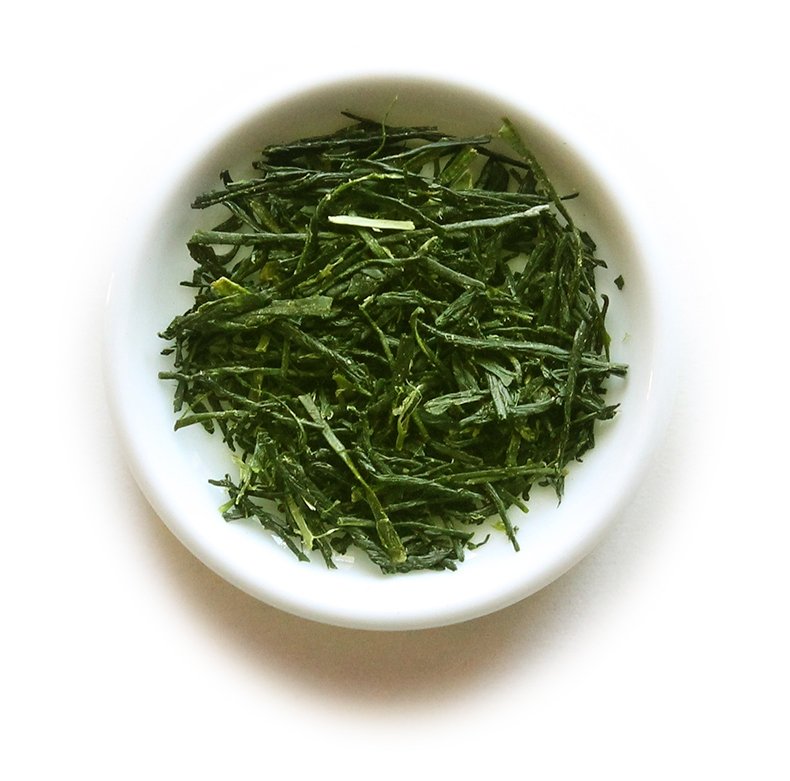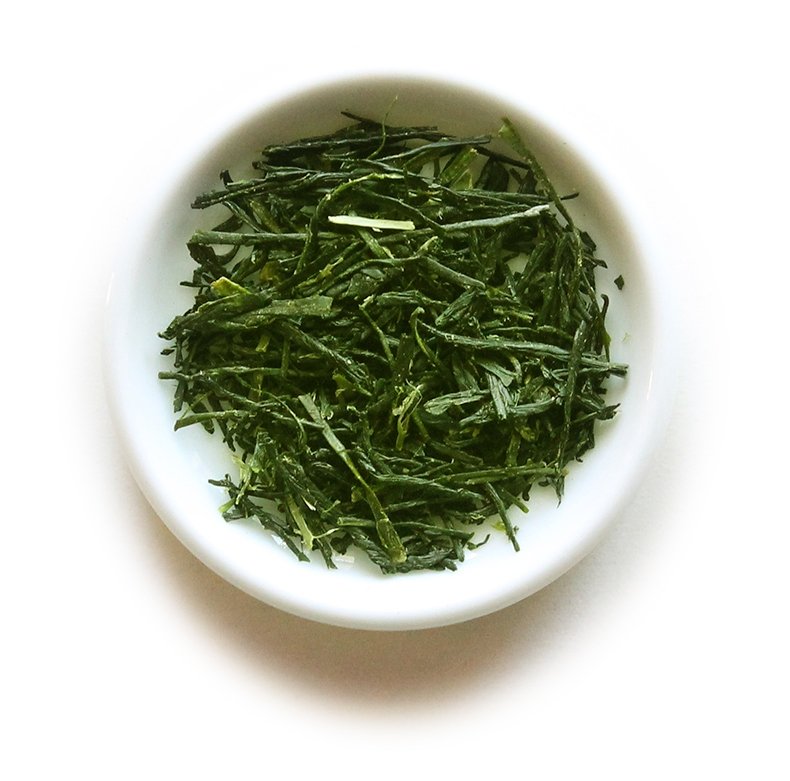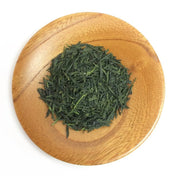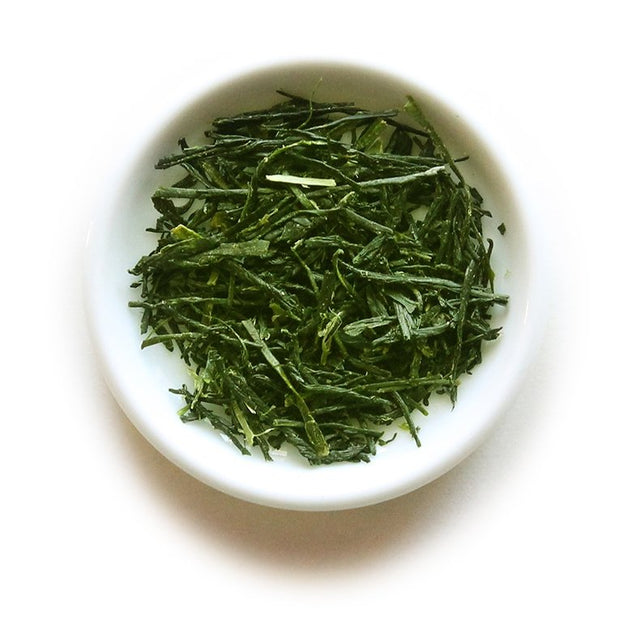Yunomi Dojo Lesson 307: Aging Japanese green tea leaves
Yunomi Dojo Lesson 307: Aging Japanese green tea leaves is currently unavailable and will ship as soon as it is back in stock. Repacking smaller sizes / ordering new stock generally takes 1-2 weeks.
Couldn't load pickup availability
Delivery and Shipping
Delivery and Shipping
Shipping fees vary by country, courier, and method. Place items into your inventory and go to the CART page to see the shipping estimate calculator. For some countries, we may need to manually calculate fees after purchase.
YUNOMI.LIFE'S DELIVERY GUARANTEE: We guarantee delivery for all orders shipped by airmail with a tracking number. (Conditions apply. Exceptions when notified.) Occasionally, orders may require additional customs processing for import. We will aid you to the fullest extent of our ability. If your order does not arrive within ONE month from shipment due to no fault of your own, we will replace or refund your order at no extra cost. We reserve the right to refuse shipment if we think delivery to your address may be difficult. This guarantee does not apply if recipient neglects or refuses to pay customs fees & import taxes, neglects to retrieve an order held at a post office or distribution center, or if the order is not deliverable due to a wrong address. Yunomi.life's Delivery Guarantee does not apply to wholesale purchases.
Taste the difference between this year's harvest and previous year's harvest.
- 10 grams of a 2021 harvested green tea
- 10 grams of a 2022 harvested green tea
- 10 grams of a 2023 harvested green tea
- Tea products used will be the same product from the same original manufacturer.
See also Lesson 308: Aging Japanese Gyokuro
It is often said that the fresher a tea leaf is, the better it tastes. This is why tea that has just been harvested, shincha or "new tea", is so highly valued.
As time passes, tea that is not stored very well will mix with the oxygen and moisture in the air and go stale within a few weeks. Temperature changes in the storage environment also play a part in this.
However, with proper storage conditions -- low humidity, low consistent temperature, airtight storage, absence of other odors -- tea leaves will age. The chemicals inside the leaf that make up its flavor will breakdown slowly without oxidizing, creating a more rounded taste. This is in fact how the leaves used to make the highest quality matcha are prepared.
Prior to the invention of temperature control technology, the process of aging tea leaves required extensive preparation as Japanese summers are hot and humid. Today, many "aged" teas are often leaves that were unsold from the previous year since temperature controlled storage used to maintain freshness acts as an environment for aging over the course of 1-2 years.
Payment & Security
Payment methods
Your payment information is processed securely. We do not store credit card details nor have access to your credit card information.





